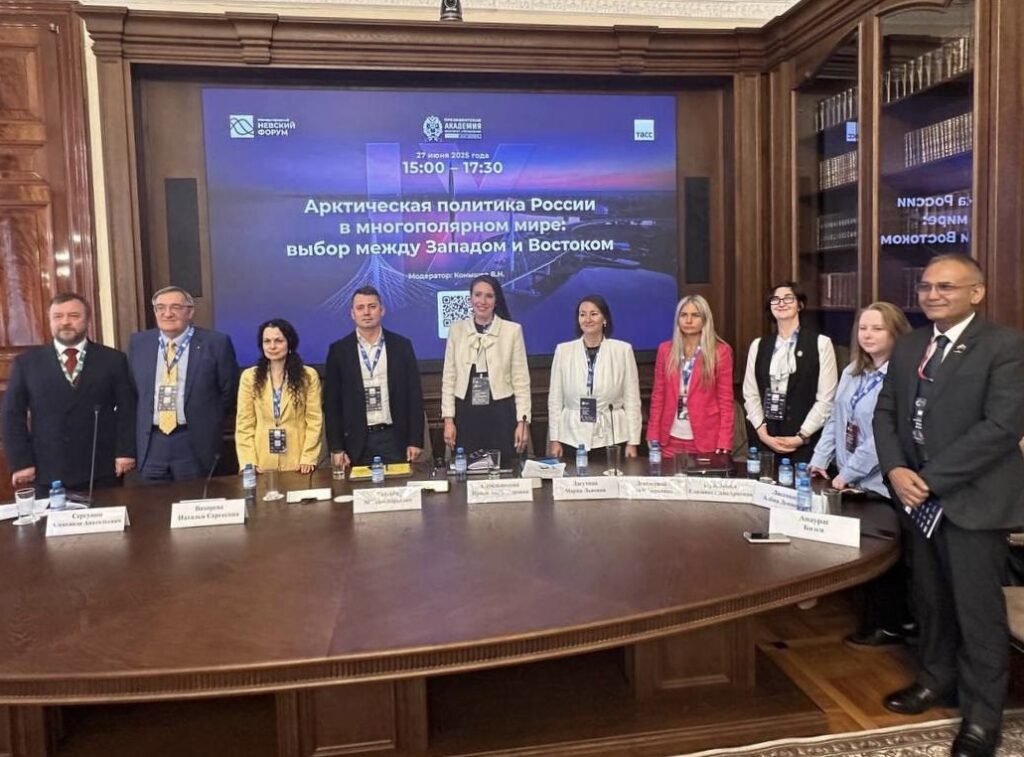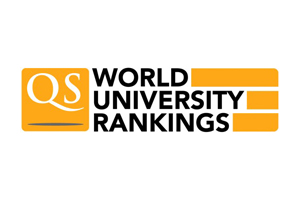On June 27, «Russia’s Arctic Policy in a Multipolar World: Choice between the West and the East» section was held supported by the Russian Science Foundation grant won by RANEPA St. Petersburg in the topic «Modeling Arctic Cooperation within the BRICS Framework: Opportunities and Challenges for Russia in the Era of a Global Turbulence».

Leading experts from RANEPA St. Petersburg, the Institute of China and Contemporary Asia of the Russian Academy of Sciences, St. Petersburg State University, the Higher School of Economics, MGIMO University, South Ural State University, the International Vivekananda Foundation (India) and the Arctic Institute (USA) discussed current challenges and prospects for the Russia’s Arctic policy amid a changing geopolitical landscape.
According to Russian experts, BRICS can become a platform for cooperation in such areas as science and education, development of technologies for polar conditions, environmental protection, adaptation to climate change, transit and logistics, extraction and development of resources, green energy, tourism and support for indigenous people.
…Given the current situation, the turn of Russia’s Arctic policy to the east is seen as a factor contributing to the development of international cooperation in the Arctic zone of the Russian Federation and the relative stabilization of the situation. Non-Arctic states, particularly those from Asia, have shown a significant interest in developing Arctic resources and are competing to be a priority partner for Arctic countries, including Russia.
Prof. Dr. Valery Konyshev, Head of the Compared Political Sciences Department, RANEPA St.Petersburg



